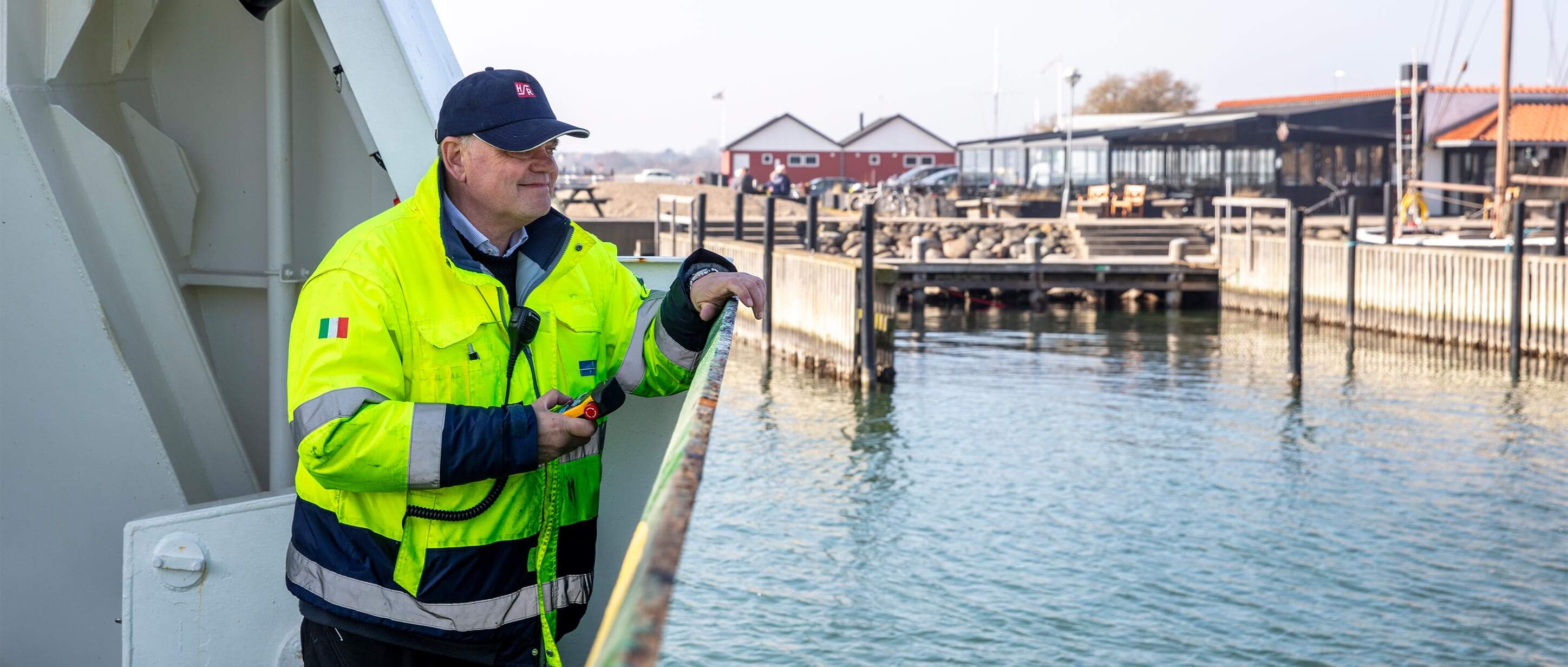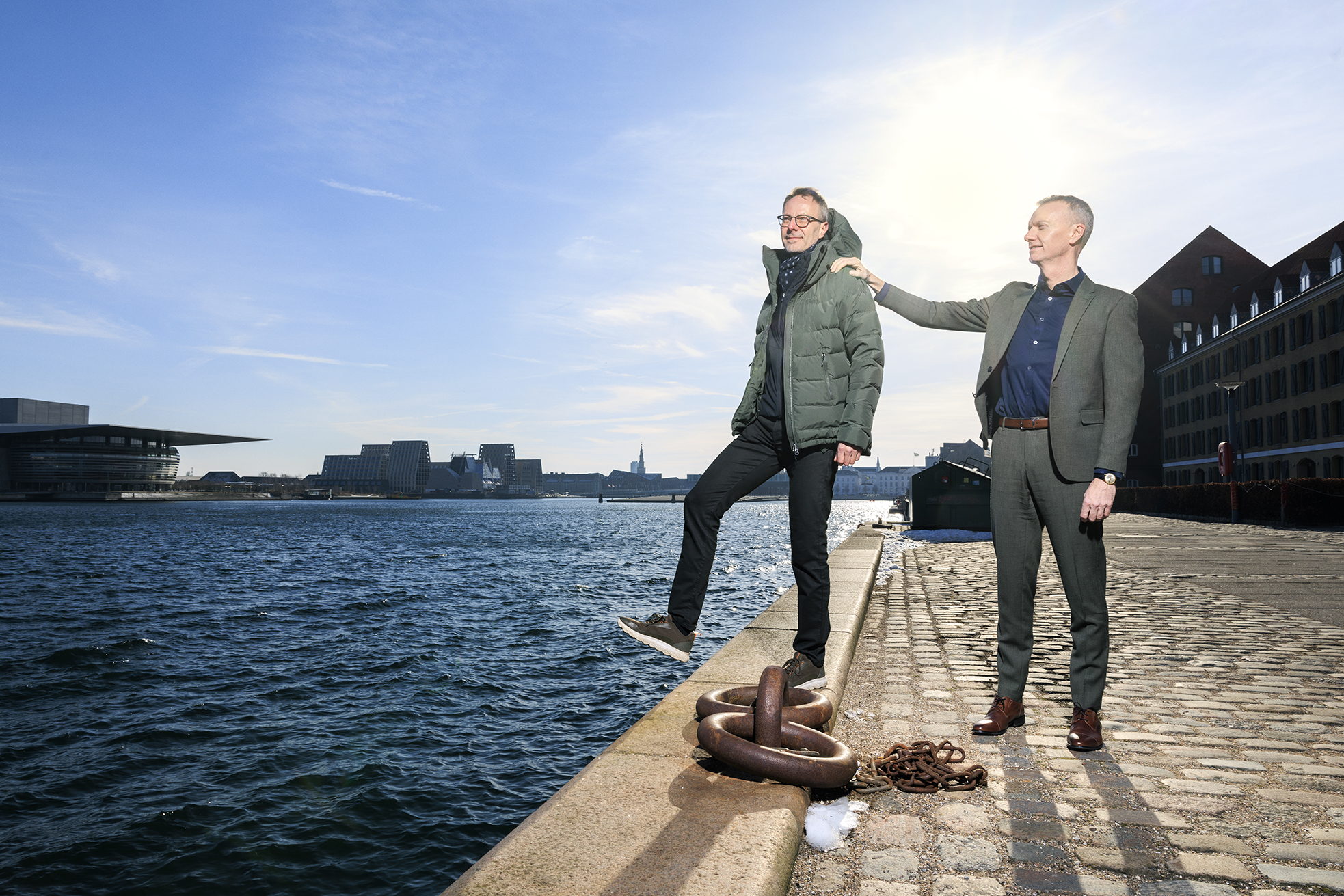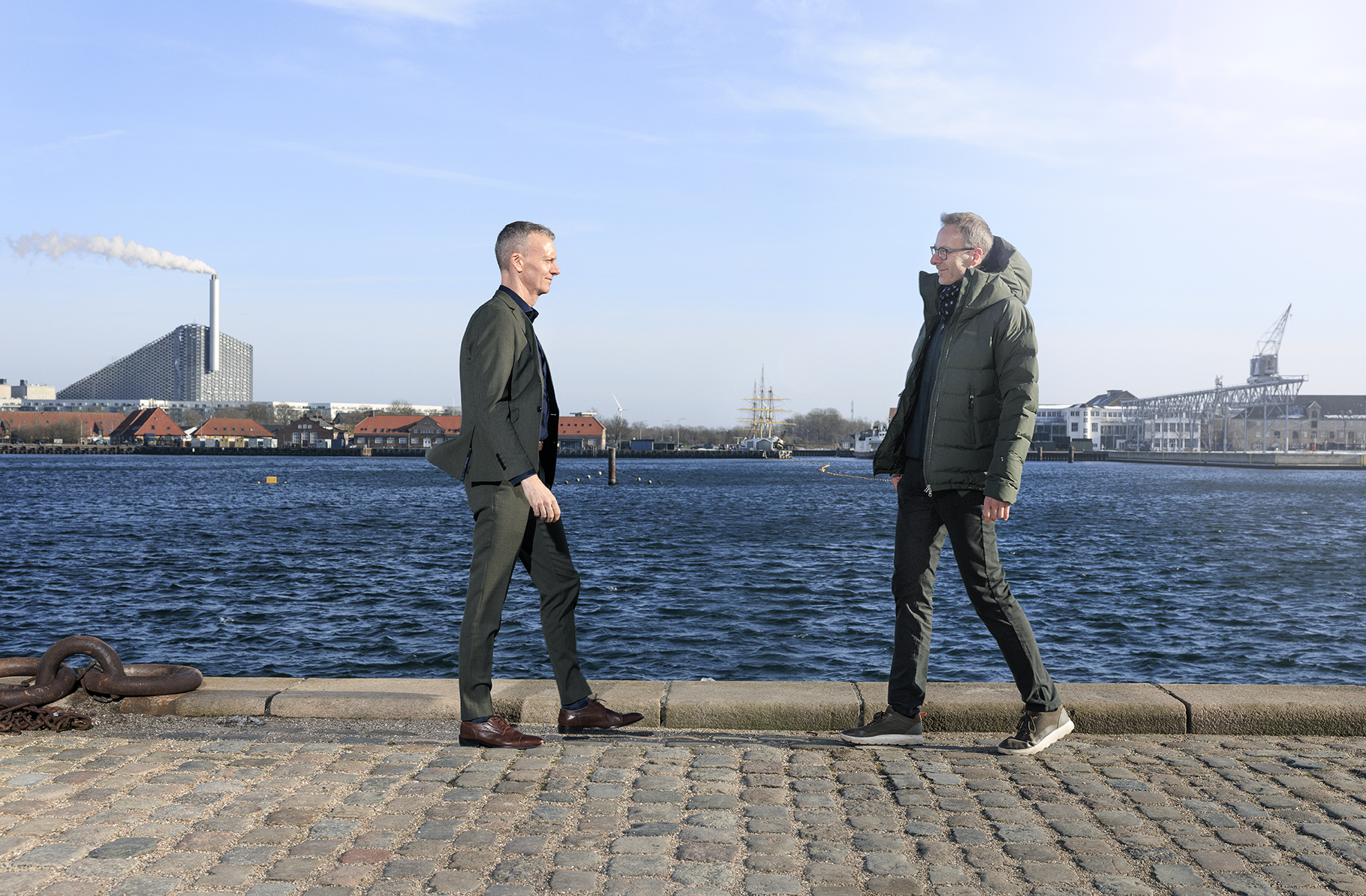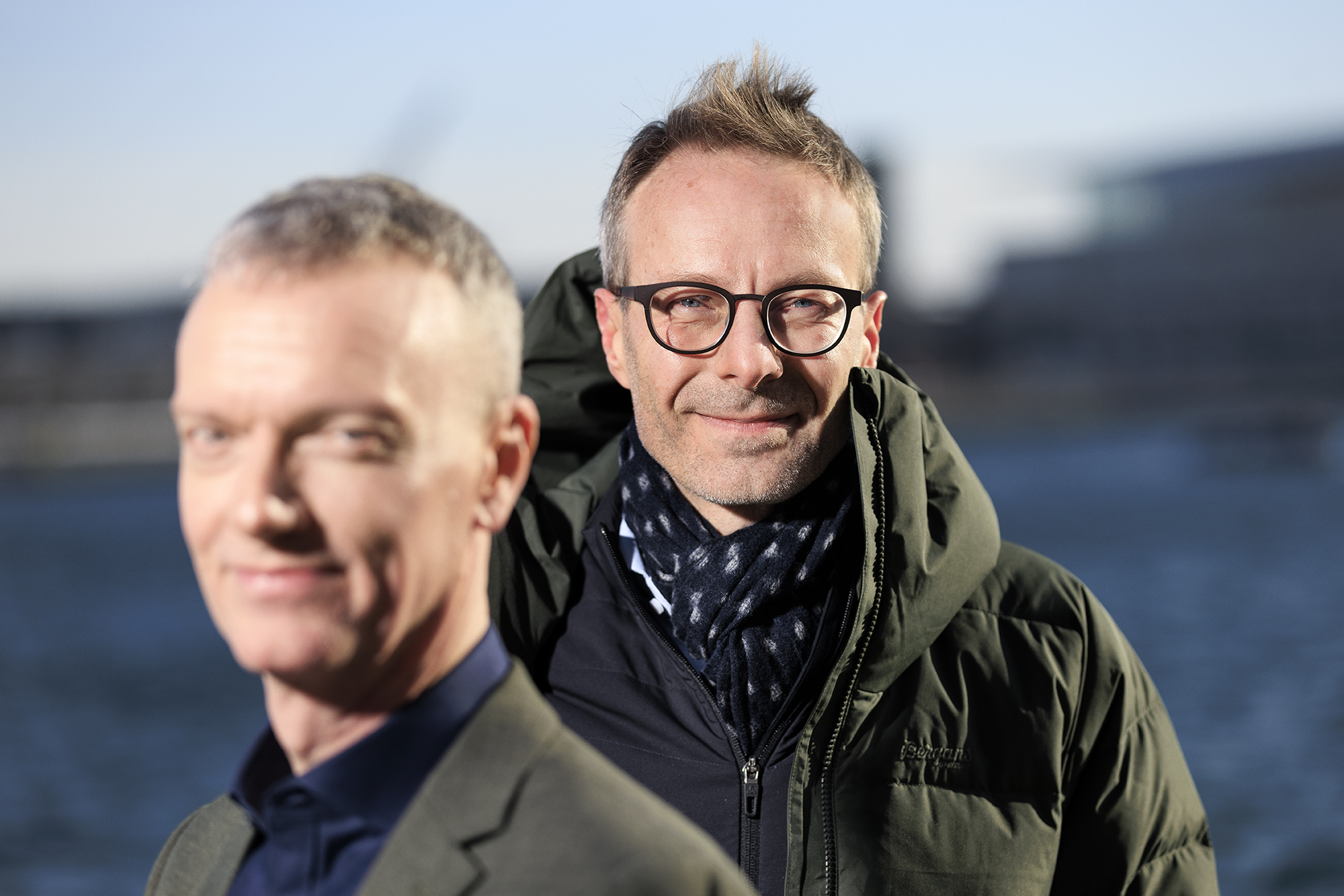Good safety requires a constant focus and a good eye for developments in the shipping industry, which the members of the Health and Safety Committee under Danish Shipping regularly discuss with each other.
Safety at sea depends to a large extent on the people who are present and perform the individual tasks, but certainly also on the rules and guidelines that the industry's players lean on, whether it is out at sea, in the offices or in the yards.
And sometimes a rule isn't as good or accurate as it could be. If this is the case, the Health and Safety Committee under Danish Shipping, of which the Danish Shipowners’ Accident Insurance Association is a part, can choose to take up the matter with the authorities – usually the Danish Maritime Authority – to adjust the wording of the given rule.
»We can see examples of how even if something on a ship is completely in compliance with the rules, safety is still not optimal. And it may result in us going to the authorities with the experience to propose a change that can increase safety,« as the committee's secretary, Søren Enemark, explains.
Sometimes it can lead to an equivalence, as it is called, other times the proposal can be forwarded to the IMO with a request for an update. Often, however, the dialogue starts at company level, for example if it is about the physical framework of the ship, and then the committee can be informed later.
As an example of a solution that is good to share in the committee, Søren Enemark mentions an initiative to avoid crushing injuries much like what Svitzer is also working with on their tugboats. The same shipping company has shared a practice where they have replaced the massive ball otherwise used to have a hawser thrown onto the boat with a small sandbag that is not nearly as risky to throw.
»When accidents occur on board the vessels, we share the experiences through the committee, both nationally between shipping companies, but also internationally, especially within the relevant types of ships. We have a common interest in the industry doing well, even for our so-called competitors,« says Chairman of the Health and Safety Committee, Jakob Lynge, who is Senior Marine Superintendent of Marine Standards at DFDS.
The shipping companies are generally in complete compliance with the rules, Søren Enemark emphasizes, but incidents can occur at sea, for example, where some equipment is broken in rough weather without being discovered immediately.
»In some situations, it only takes a moment of inattention for something to develop into a risk. So, it's very much about safety awareness and about continuously making risk assessments so that you can avoid even the smallest forms of inappropriate behavior, and we are trying to spread that message through the committee,« he says.
»I nogle situationer skal der kun et øjebliks uopmærksomhed til, for at noget kan udvikle sig til en risiko. Så det handler meget om safety awareness og om løbende at lave risikovurderinger så man kan undgå selv de mindste former for uhensigtsmæssig adfærd, og det forsøger vi at udbrede i komitéen,« siger han
Safety always a top priority
Continuing the talk on behavior, Søren Enemark mentions the concept of normalization of risk, which is basically about sticking to a practice because 'it usually goes well', even though it involves certain risks that could actually be avoided.
»It's a force of nature in humans to think like that, it just not a valid explanation when an accident happens. You can’t focus blindly on your routines, so we always try to remind each other of that,« Søren Enemark says.
It takes enormous discipline not to let one's habits take over, even in individual cases, he points out, and notes that it is also the reason for the large number of systems with alarms, control and surveillance on the ships that are supposed to prevent just that.
However, the responsibility still lies with the individual seafarer, and due to the lack of qualified labor in the sector, this is a significant challenge that the shipping companies have a strong focus on, Jakob Lynge emphasizes. All the more so, working conditions at sea are a key focal point for shipping companies.
»At DFDS, where I come from, it is a top priority for our leadership and on the board of directors. It’s safety, safety, safety all the way through, and not just on the ships, but for all personnel in general. And this applies across the entire industry, which is reflected in the Health and Safety Committee,« he says.
»You shouldn't underestimate the commercial aspect of safety either. As a customer I’d want to be sure that when, for example, I send chemicals or fuel from point A to point B, it is done under the best possible circumstances for all parties involved. And as a passenger, you don't want to board a ferry if you don't feel that they have safety under control. So, it has to be in place, otherwise it will quickly affect the business,« Søren Enemark adds.
»It’s safety, safety, safety all the way through, and not just on the ships, but for all personnel in general. And this applies across the entire industry, which is reflected in the Health and Safety Committee.«
Jakob Lynge, chairman, Health and Safety Committee
Great value in wide range of members
Now, as in the future, the most important role of the participants in the Health and Safety Committee is to create a relevant committee by addressing topics that shipping companies can gain value from discussing, explains Jakob Lynge. It could be elements such as the upcoming, greener fuels, which UFDS has previously talked to the crew of Laura Maersk about.
»It is something new and different that the shipping companies are going to deal with instead of the old bunker oil. Methanol and ammonia come with some other requirements and challenges that must be handled in a safe way, and we address these kinds of things in the committee,« he says.
Therefore, completely different safety systems must be established at sea and within the shipping companies, Søren Enemark points out. At the same time crew members must be able to relate to the fact that they have something completely different in their hands than conventional marine diesel or HFO (heavy fuel oil).
»It's a completely different philosophy to use in the event of an accident, and the staff need to know that. The first methanol ships are already in operation, and ammonia is the next step, so it is a new and important focus for us in the committee,« Søren Enemark says.
In general, the members are good at providing input on debate topics, he believes. The agenda thus changes continuously from meeting to meeting during the year, but at the same time there are also points that recur, such as navigational accidents.
"Navigational incidents such as a grounding are a general incident that is not ship-specific but covers all types of ships. So, these types of themes are somewhat eternal for us, and always command great attention for the members of the committee,« Søren Enemark says.
To this end, Jakob Lynge again emphasizes the value of members sharing knowledge and sharing their experiences large and small. The value of this is not least a result of the wide range of participants, ranging from large passenger shipping companies such as DFDS, to actors like Northern Offshore Services and Esvagt.



